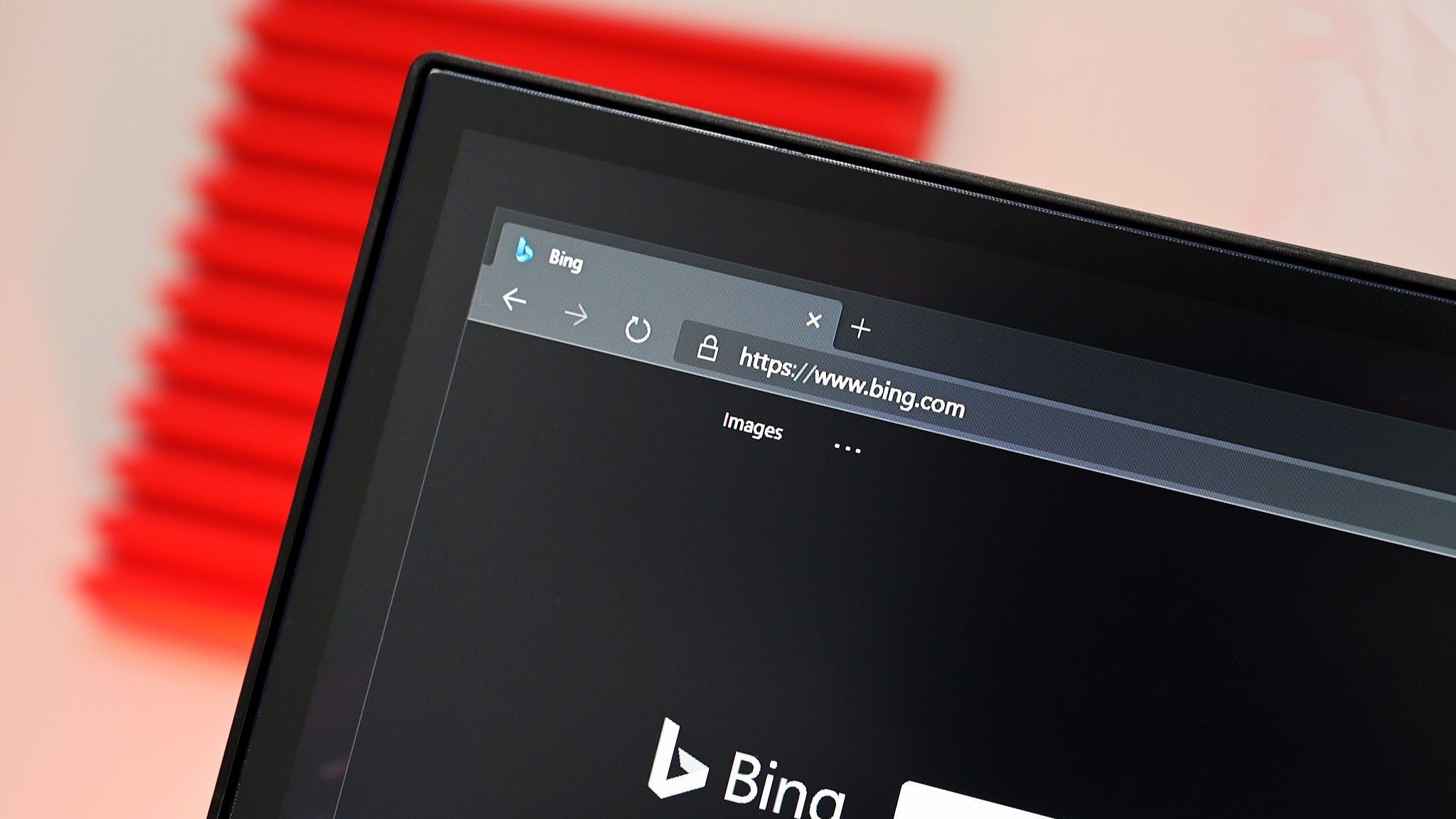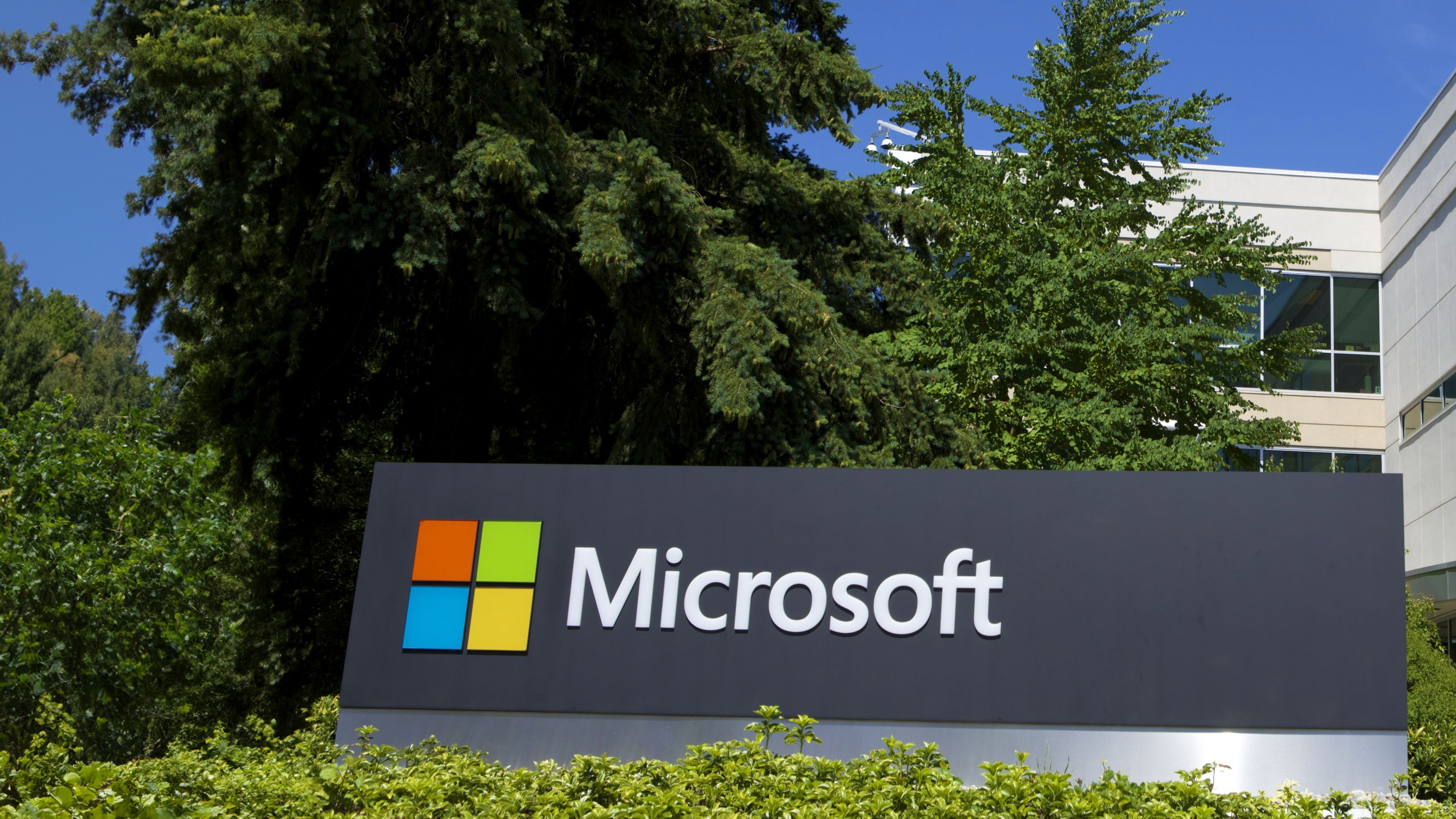
What you need to know
- It seems that Microsoft Edge and Bing might be exempted from DMA regulation.
- According to sources, neither service meets the threshold to warrant regulation by the European watchdog.
- Companies listed as gatekeepers were given a grace period of six months to comply with the DMA, which is set to lapse in March 2024.
- Microsoft and Google have already made elaborate plans to satisfy these requirements to avoid hefty fines and penalties.
Last September, the European Commission listed Microsoft alongside other tech giants as gatekeepers under the Digital Markets Act. The DMA has been in effect since November 2022 and is in place to foster better competition practices in digital markets and ensure consumers have more options.
Microsoft's broadly used services like Windows, Bing, and Edge caught the European watchdog's attention, ultimately leading it to include the company in its gatekeepers list. At the time, the tech giant argued that Bing hadn't hit the set thresholds to qualify as a gatekeeper, unlike its competitor, Google Search.
But as it now seems, the strict DMA regulations won't impact Microsoft's Bing and Edge services. As reported by Bloomberg, after looking into both services as part of a five-month-long investigation, which is set to end in February, the EU Commission determined they don't meet the threshold to warrant regulation as they are not dominant enough.
Admittedly, reports show that Bing's market share has stagnated despite the debut of Microsoft Copilot (formerly Bing Chat), which significantly contributed to Bing attaining 100 million daily active users. Microsoft stated that Bing's value would be negatively impacted if it's compelled to provide users access to rival search engines.
Companies featured in the gatekeeper list were given six months to comply with the DMA; failure to do so would attract hefty fines and penalties. One of the requirements by the Commission under the DMA is for the gatekeepers to ensure that their services are interoperable.
Microsoft and Google comply with the DMA

Last week, Google highlighted some of the elaborate measures it put in place to comply with the DMA, including letting users choose Bing and Edge as their default search engine and browser. This could potentially allow Microsoft to compete with Google for the search market share on an even playing field.
Microsoft has already put elaborate measures in place in compliance with the DMA too. The company announced that users in the European Economic Area can uninstall Microsoft Edge, disable Bing in Windows Search, and turn off the Microsoft News feed and ads in the Widgets Board on Windows 11.







